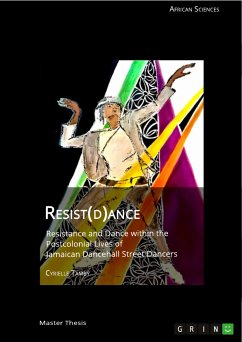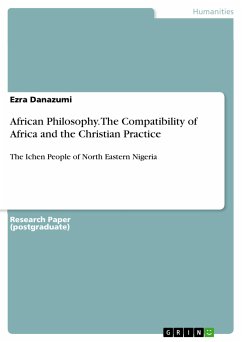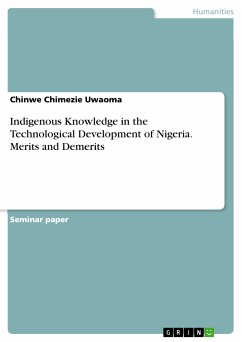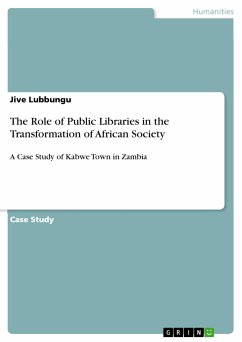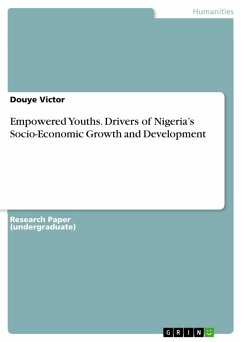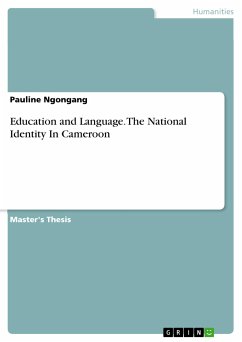Master's Thesis from the year 2019 in the subject African Studies - Culture and Applied Geography, grade: 1,3, European University Viadrina Frankfurt (Oder) (Europa Universität Viadrina / University of California, Berkeley), course: Kulturwissenschaftliche Fakultät / African Diaspora Studies, language: English, abstract: While celebrated at first, Jamaica has struggled a lot with its independence and its implications for the people of Jamaica as well as different subcultures. In the aftermath of racial conflicts in the years following 1962, the genre of Dancehall surfaced and established itself in the 1980s. For the people living in the inner city of Kingston, which was largely separated from uptown, Dancehall was not just music, but represented a whole lifestyle. While Dancehall has not lost any of its meaning since then, it certainly has changed and become important to many more people all around the world. But how exactly is this type of dance related to black identity, colonialism and the experience of racism? How did it manage to conquer the streets of Jamaica? And in what way is it represented in the digital world? Cyrielle Tamby first explores the diasporic experience of blackness, and accounts for common grounds in being Black in Europe and in Jamaica. She scrutinizes the problem of silenced narratives in Jamaica, before moving on to the different aspects of dance as a form of resistance. Using the implication of her findings, the author then examines how knowledge can and has to be rethought through cultural production in diasporic making. Cyrielle Tamby claims in this book how the richness of popular cultures from the African diaspora that circulates across numerous podcast, literature, music and dance can challenge the lack of knowledge about the history of Black people. Her work is based on literary research as well as personal experience and provides the reader with some fascinating results.
Dieser Download kann aus rechtlichen Gründen nur mit Rechnungsadresse in A, B, BG, CY, CZ, D, DK, EW, E, FIN, F, GR, HR, H, IRL, I, LT, L, LR, M, NL, PL, P, R, S, SLO, SK ausgeliefert werden.

